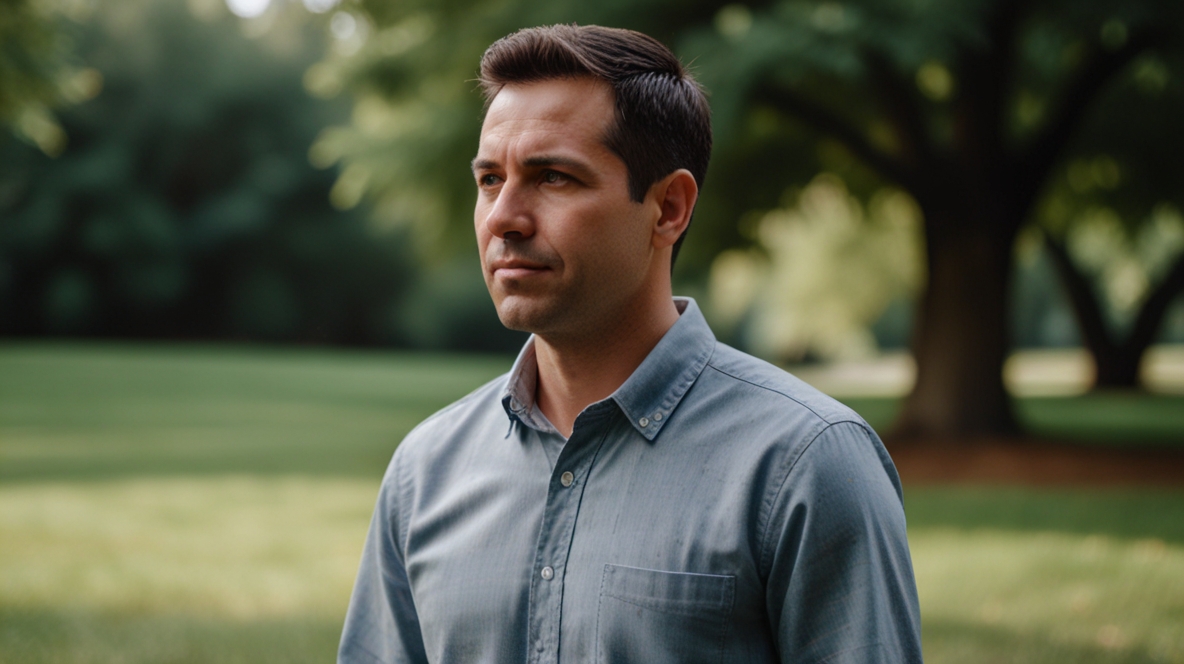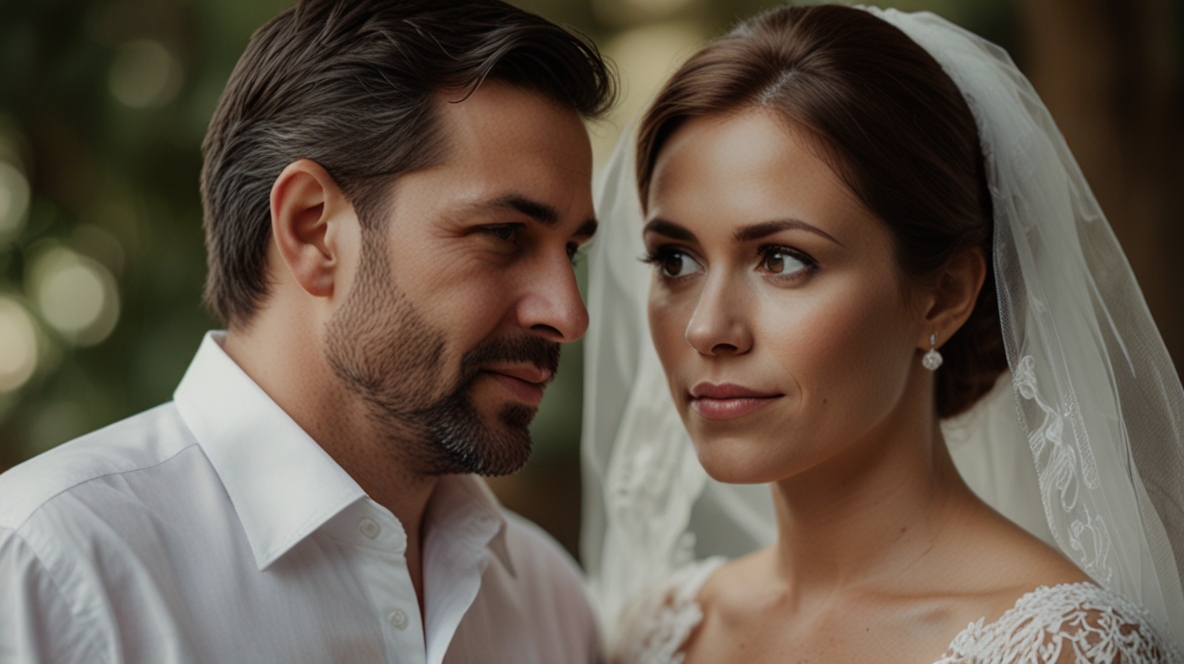
Marriage is a significant life decision that often requires careful consideration and timing. Determining the right age to start thinking about marriage can be influenced by various personal and societal factors. This article explores different stages in a man’s life and the factors to consider when deciding if it’s the right time to contemplate marriage.
1. Early 20s: Exploring Life and Building Foundations
In your early 20s, life is often characterized by exploration and self-discovery. Many men in this age group are focused on establishing their careers, pursuing education, and gaining independence. While some may feel ready for marriage, it’s generally a time to build personal and professional foundations. If you’re considering marriage at this stage, ensure that you have a clear understanding of your goals and values, as well as a stable sense of self.
2. Late 20s: Assessing Stability and Relationship Dynamics
As you approach your late 20s, you might start feeling a greater sense of stability in your life. This period is often marked by more established careers and clearer life goals. If you’re in a committed relationship and feel that both partners have grown together, it could be a suitable time to consider marriage. Evaluate the strength of your relationship, your mutual goals, and whether you both feel ready for the responsibilities that come with marriage.
3. Early 30s: Maturity and Long-Term Planning
By your early 30s, you’re likely to have gained more life experience and maturity. This age often brings a clearer perspective on what you want in life and in a partner. If you’ve been in a long-term relationship, this might be the time to seriously consider marriage. Reflect on how well your goals align with your partner’s and whether you’re ready to commit to a shared future.
4. Mid 30s and Beyond: Evaluating Life Goals and Relationship Readiness
In your mid 30s and beyond, the decision to marry may involve more practical considerations, such as financial stability and long-term life goals. At this stage, it’s important to evaluate how marriage fits into your overall plans. If you’re in a stable and fulfilling relationship, consider how marriage aligns with your future aspirations, including career plans, family life, and personal growth.
5. Personal Readiness vs. Age
While age can provide context, personal readiness is a crucial factor in deciding when to consider marriage. Assess your emotional maturity, financial stability, and relationship dynamics. Are you prepared to handle the responsibilities and commitments of marriage? Personal readiness often outweighs age, so ensure that you’re entering marriage for the right reasons and with a clear understanding of what it entails.
6. The Importance of Communication
Open and honest communication with your partner is essential when considering marriage. Discuss your feelings, expectations, and future plans together. Ensure that both partners are on the same page about the timing and nature of marriage. Effective communication can help align your goals and address any concerns before making a commitment.
7. Societal and Cultural Influences
Societal and cultural factors can also play a role in deciding when to consider marriage. In some cultures, there may be societal pressures to marry by a certain age, while in others, there may be more flexibility. Consider how these influences impact your decision and ensure that your choice aligns with your personal values and goals.
8. Financial and Practical Considerations
Financial stability and practical considerations are important aspects of preparing for marriage. Ensure that you have a solid understanding of your financial situation and how marriage might impact your finances. Discuss practical matters such as living arrangements, career plans, and family responsibilities with your partner.
9. Reflecting on Personal Goals and Values
Before deciding to marry, reflect on your personal goals and values. Consider how marriage fits into your broader life plans and whether it aligns with your long-term aspirations. A strong sense of self and clear personal goals can help guide your decision and ensure that you’re entering marriage with a well-defined purpose.
10. Conclusion
Determining the right age to start considering marriage involves a combination of personal readiness, relationship dynamics, and life goals. While age can provide a general framework, it’s crucial to focus on your individual circumstances and readiness. By assessing your emotional maturity, career stability, and relationship strength, you can make an informed decision about when the time is right to consider marriage.







